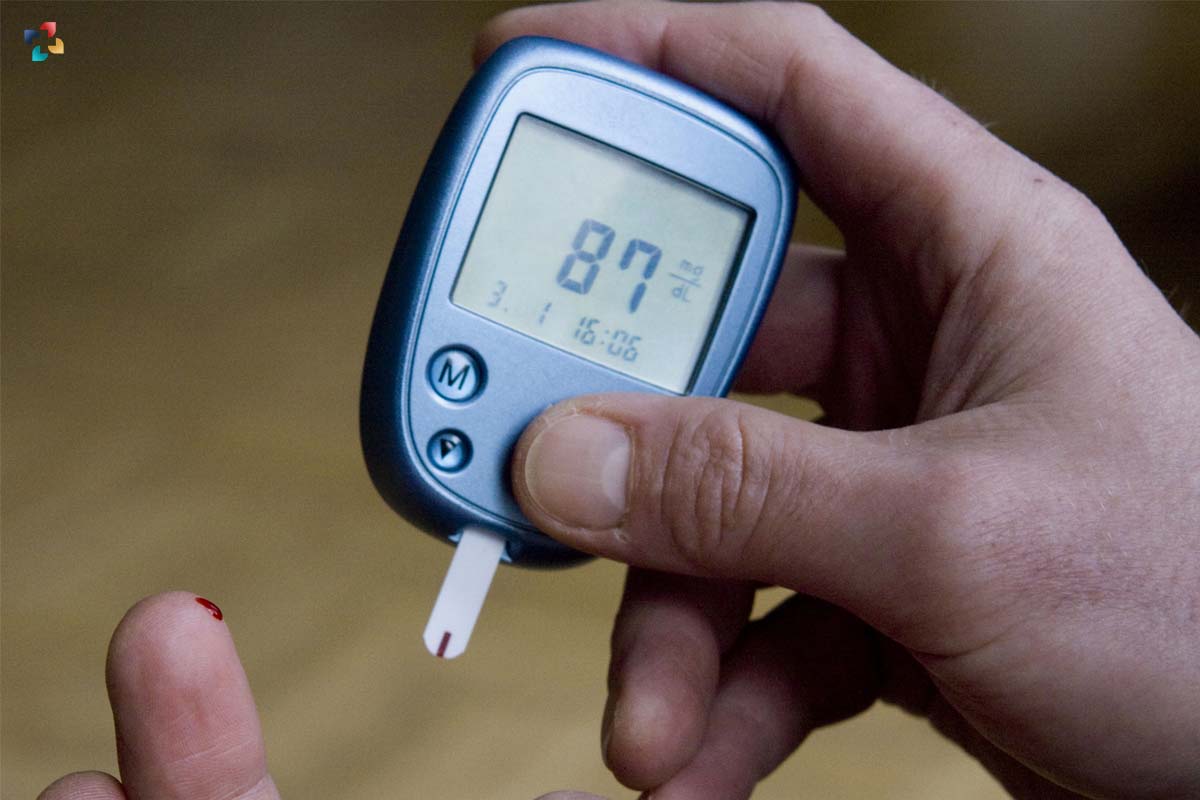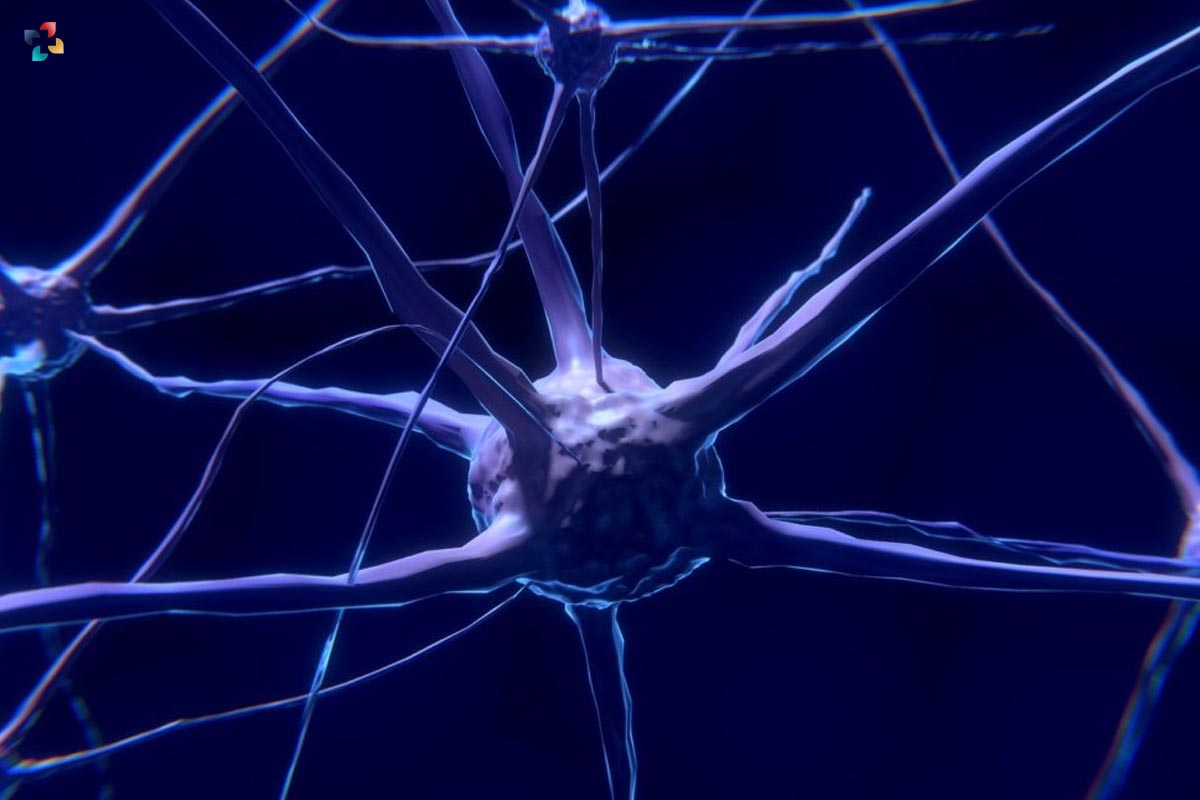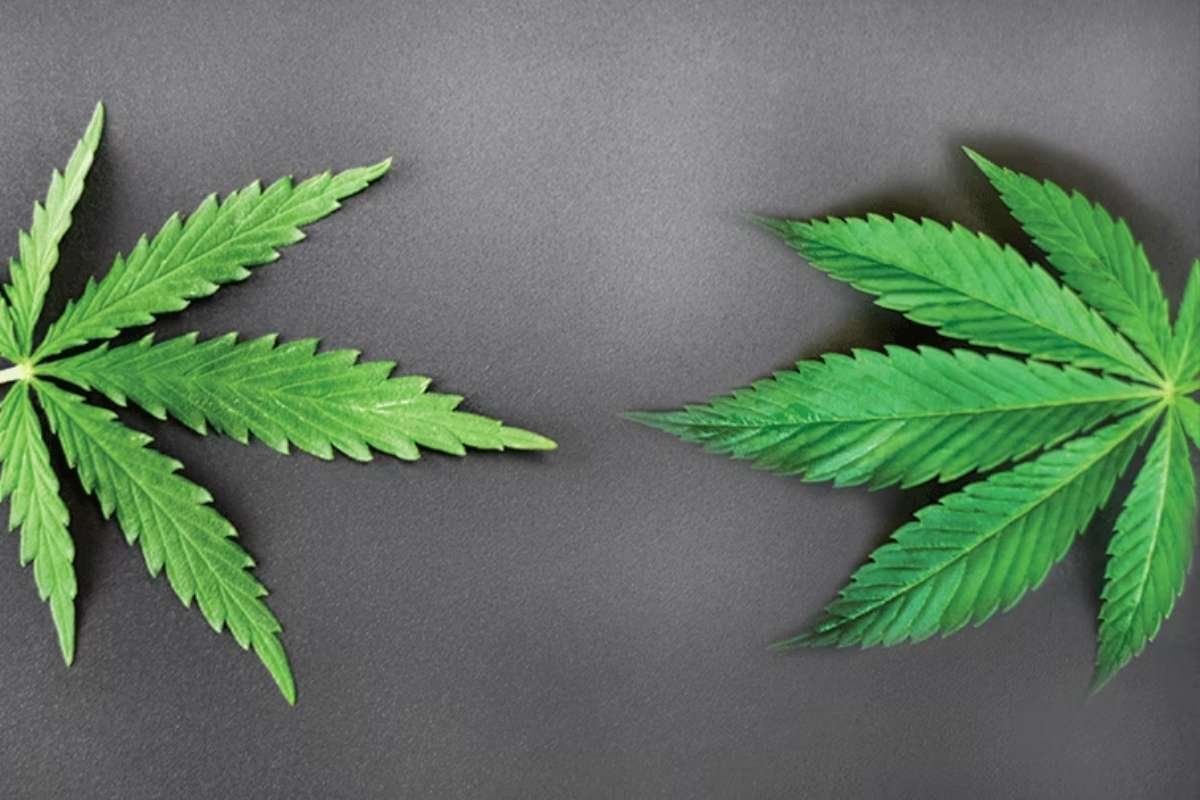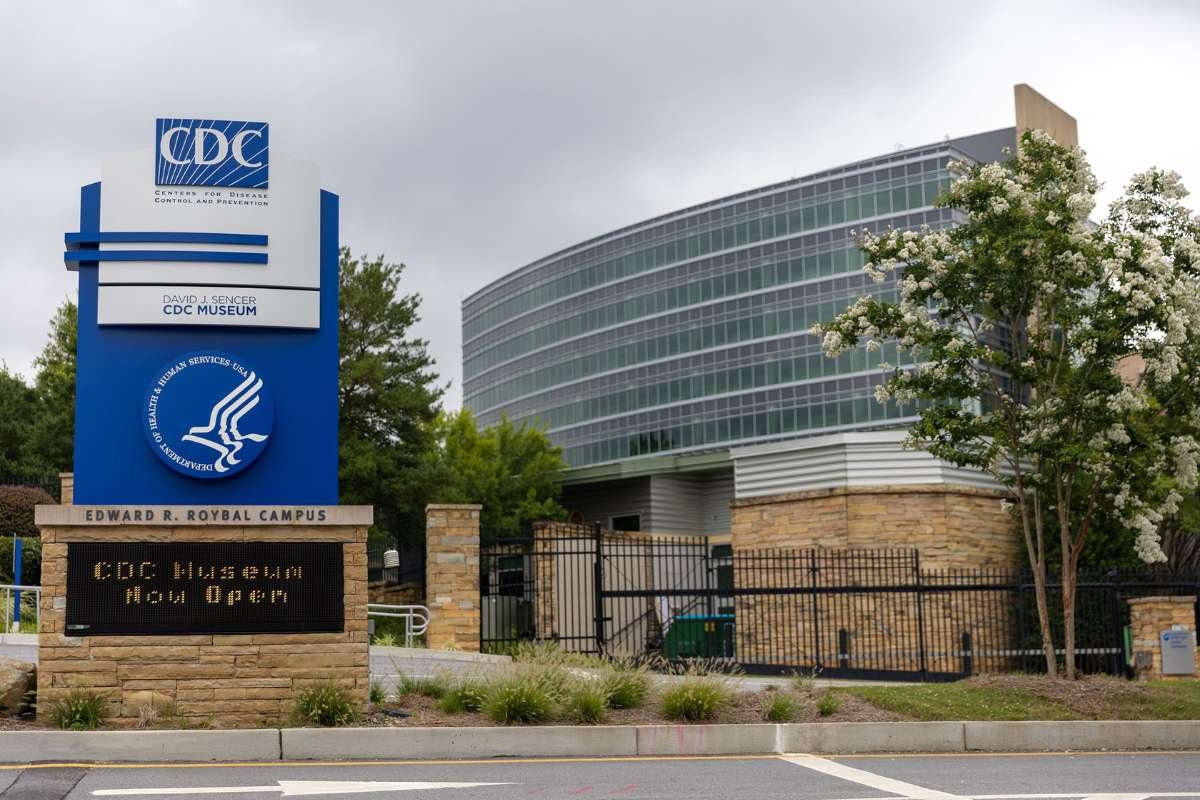There are many positive effects of exercise on the human body. There are many Hormones Involved in Exercise. Several studies have shown that regular exercise significantly lowers cardiovascular disease risk. It’s also a helpful method for delaying the aging process. Going to the gym twice a week might delay trips to the anti-aging clinic. Even if anti-aging specialists may help you seem younger than your years, they can’t beat the benefits you get through natural means.
Physical fitness has several benefits, including a longer life expectancy, a more youthful appearance, and the ability to prevent health issues including low energy levels and breathing difficulties. As an added bonus, regular exercise is known to boost memory and general brain function.
Due to the increased heart rate brought on by exercise, the brain receives a greater supply of oxygen and nutrients. When you exert yourself physically, you release endorphins that enhance your mood and help you sleep better.
And there are psychological benefits to working out as well as physical ones. Hormonal secretion is greatly influenced by exercise as well. All physical activity is beneficial for these hormones, but it is more helpful for those who regularly engage in intense workouts.
Here are 8 Hormones Involved in Exercise. Here’s All You Need to Know;
1. Insulin
The release of insulin is regulated by the nervous system during exercise. To put it simply, These Hormones Involved in Exercise lowers blood sugar levels. When blood sugar levels rise, insulin is secreted to help cells put glucose and glycogen away for later use.

Since insulin facilitates glucose transport from circulation to skeletal muscle and adipose tissue, this is physiologically feasible. Sports drinks and other high-sugar meals should never be consumed before exercise because they may stimulate insulin production rather than being utilized as fuel for physical activity. These foods are best consumed after exercise when sweating has already begun.
2. Glucagon
The pancreas secretes both insulin and glucagon into circulation to keep metabolism stable. Blood glucose levels are raised and free fatty acids are released in response to the hormone glucagon.
Glycogen stores are depleted during activity, and the hormone glucagon is responsible for releasing this glycogen from the bloodstream. Glucagon controls glucose release rather than storage, as is the case with insulin. Hormones Involved in Exercise aid in glucose homeostasis by releasing glucose from stored stores.
3. Cortisol
The stress hormone cortisol aids in the breakdown of triglycerides and proteins to produce glucose, which is used as an activity fuel. Cortisol’s primary role is to react to stressful situations, hypoglycemia, and physical exertion. Stress Release Hormones Involved in Exercise.
The adrenal gland secretes cortisol whenever the body is under physical stress, such as during exercise or the recovery process. Overtraining causes the body to convert muscle protein, which would otherwise be utilized to repair damaged tissue, into fuel.
4. Epinephrine and Norepinephrine
In spite of their differences, epinephrine and norepinephrine are closely linked to hormones. The adrenal gland produces both of these hormones, and they aid the sympathetic nervous system during cardiorespiratory activity.

The production of energy and regulation of bodily processes are both facilitated by these hormones. Adrenaline, or epinephrine, has several beneficial effects on the body, including raising metabolic rates (particularly for fat and sugar), breaking down glycogen stores, and increasing cardiac output. Norepinephrine, on the other hand, performs the identical purpose as its counterpart, with the exception that it narrows blood arteries to non-exercising regions of the body.
5 Testosterone
The testes in men and the ovaries in females generate the steroid hormone testosterone. In addition to acting as a synthesizer, testosterone also repairs muscle proteins immediately after exercise. Additionally, testosterone is crucial in promoting skeletal muscle development. So we can say testosterone Hormones Involved in Exercise.
In terms of raw strength, males naturally have an advantage over women since testosterone levels are naturally higher in men. In fact, some people seek out testosterone treatment clinics so they may engage in testosterone replacement therapy to improve their muscular development, libido, and general performance.
6. Human Growth Hormone (HGH)
The pituitary gland produces the hormone responsible for human growth. The expansion of cells is a function of HGH (Human Growth Hormone). Muscular protein synthesis, muscle development, enhanced bone mineralization, and fat metabolism are all potential outcomes of HGH. Humans continue to grow taller until a certain age because HGH is produced during the REM phase of sleep every night.
Exercising vigorously might also increase HGH production. HGH injections and treatment are commercially accessible as well, much like testosterone. They are forbidden because they are thought to improve athletic performance. One of the reasons people seek out HGH treatment is its anti-aging effects.
7. Insulin-like Growth Factor
Unlike Human Growth Hormone, which is generated in the pituitary gland, Insulin-like Growth Factor is made in the liver. Both hormones have similar sequences and molecular structures and are triggered by the same processes. These Hormones Involved in Exercise aid HGH in its ability to repair exercise-induced muscle damage. Reduced blood glucose levels are another benefit of insulin-like growth factors.
8. Brain-derived Neurotrophic Factor
Brain-derived A protein and neurotransmitter known as neurotrophic factor promotes the growth of new brain cells. Regular exercise promotes the development of these new cells by increasing the body’s BDNF supply. Those who have suffered brain damage benefit from this.

Exercising for 30 minutes, three times a week has been shown to trigger the production of BDNFs, which aid as a catalyst in the neuro-healing process. Neurons benefit from BDNF because it enhances their performance, promotes their development, and fortifies/protects them against apoptosis. It strengthens the connection between neurons by binding to synaptic receptors.
BOTTOM LINE
It’s true that Hormones Involved in Exercise play a crucial role in keeping our bodily functions in check. Hormones aid in achieving the aims of exercise, which are primarily to sustain physical health. Hormones are known to have a role in mood, sexual behavior, brain function, and physical development. Exercising is one strategy to boost these hormones. You may get help from an HGH specialist if you have an issue with your hormones.









